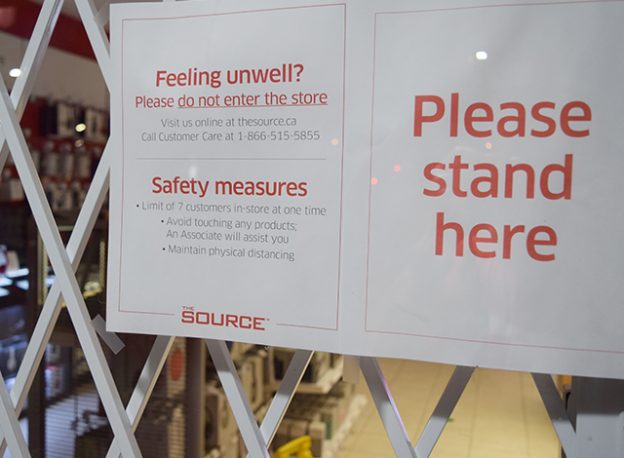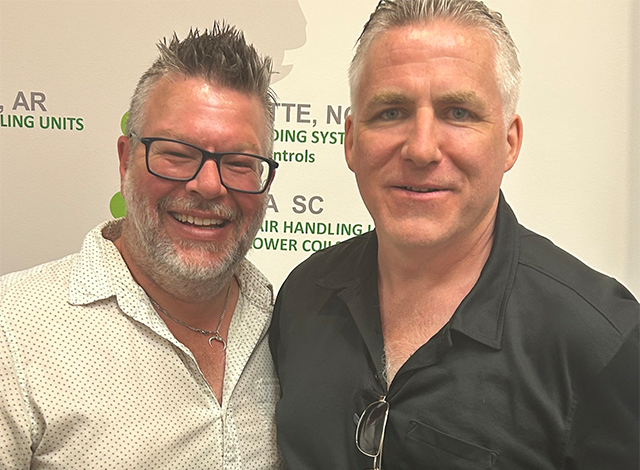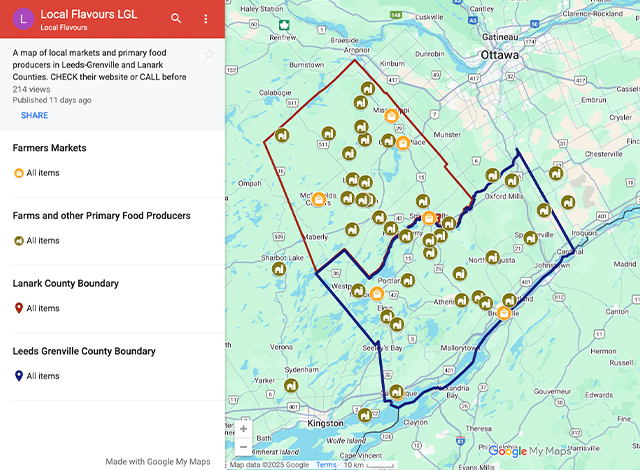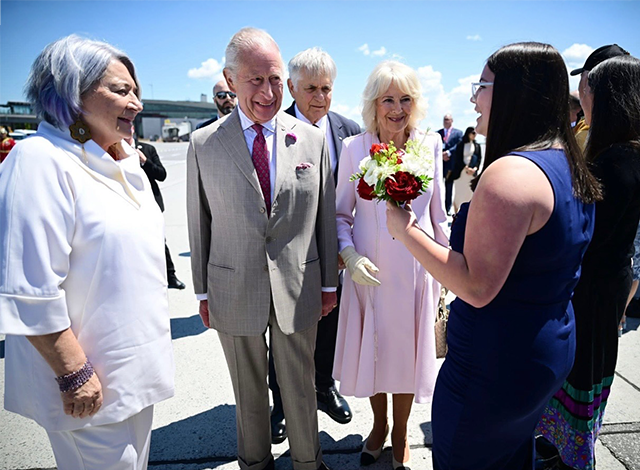When this column appeared in November, 2018, the subject was the deadly pandemic which began in 1918, commonly known as the Spanish Flu. My closing remark was: “Stay healthy, my friends”, little knowing that another global pandemic would rear its ugly head so soon in far-off Asia, and spread like wildfire around the world.
On Jan. 10 past, the World Health Organization (WHO) first issued guidance on what was called novel coronavirus at the time. The virus was first discovered in Wuhan, China, in December of 2019.
The Town of Perth was quick to follow the lead of Premier Doug Ford and the Province of Ontario, when Mayor John Fenik declared a state of emergency on April 7 for the COVID-19 virus. Ontario had made the declaration on March 17, and by April 15 all Canadian provinces and territories had followed suit.
The terrifying thought is with us now that the toll taken by Coronavirus could be worse than that pandemic of more than 100 years ago. With each passing day, we in Perth watch helplessly as autocratic so-called leaders around the globe thumb their noses at the scientific evidence presented to them, and act out of their own personal and political ambitions. Canada has managed the crisis rather well, and recently the US media has been lauding our country on taking swift and decisive actions relating to preventing spread of the virus.
Generally, Perthites have been adhering to the recommended guidelines to protect themselves and others from the deadly virus. In retail outlets, the few unmasked can be seen scurrying about with their heads down, hoping they won’t be shamed in public, and certainly there are glaring looks towards them. We thank all frontline personnel and retail workers alike who are taking care of us.
When I suggest that it is possible the pandemic may wreak more havoc than the one of 1918, we must consider several factors, including the fact that in 1918 there was poor hygiene, little or no effective medical treatment, and World War I soldiers were carrying the virus world-wide.
However, those factors are offset by the fact that the world population has quadrupled to 7.8 billion at last count, with a much denser urban population overall. Hopefully, the final death toll and long-lasting effects of the virus will not be as great as that of the 1918 version, considering there will probably be a vaccine available soon, and testing should improve.
It is interesting to note than author and historian Kenneth C. Davis said in a recent essay for WBUR News in Boston, that there are three central lessons we can take from the Spanish flu of old: “One of the real important points of this is that lies and censorship and propaganda, (in 1918) even, were very critical in the spread of the disease. It was believed, for instance, that the Germans might have started this, that they had given us poison water or that Bayer, a German company, had tainted aspirin, its wonder drug.
“The next point is very important: ignoring science. There were clearly scientists, doctors, medical people who were advocating a much more aggressive response to this and certainly avoiding large crowds. Those were ignored partly because of the war …
“And finally, misplaced priorities. In 1918, the priority was winning the war, so troops kept being shipped off even though doctors said don’t pack these soldiers onto troopships.”
He concluded the article thus: “So, we take those lessons and we look at it today. What did we learn? Boston tried to shut down. It was too late. Other cities were much more careful about social distancing, and they did flatten the curve, a modern term. But it’s a very important lesson to learn that if we go too soon towards relaxing those measures, it can be very, very costly. It certainly was in 1918.”
If the world did not learn from the Spanish flu, there was another dire warning sign in 2009, when an H1N1 strain surfaced in Mexico. The swine flu (it usually infects pigs) spread to the rest of the world, and by June of that year it was declared a pandemic by WHO. Dr. Jorge Parada, an infectious disease specialist in Maywood, Illinois, wrote at the time of the swine flu being driven by two things: It was new, and there was insufficient data in the early days of the infections. Bill Gates had it right when he said: “It’s fine to celebrate success, but it is more important to heed the lessons of failure.”
To seek reliable advice, much can be found on the Leeds, Grenville & Lanark District Health Unit or Health Canada websites. And now I leave you with the same thought I expressed almost two years ago: “Stay healthy, my friends.”
If you have any comments or suggestions, please email me at: terry@pdgmedia.ca



















